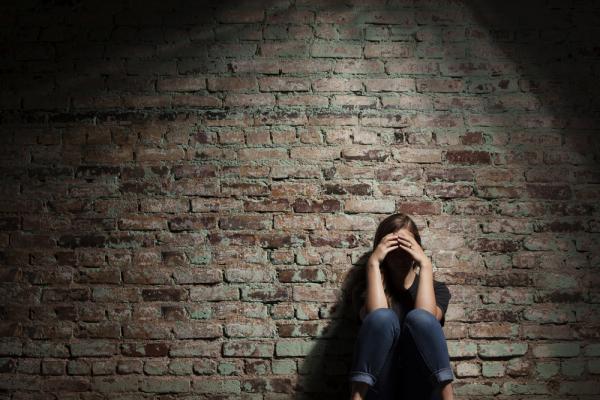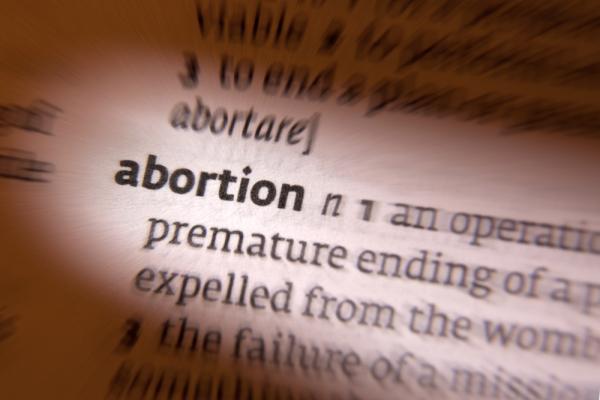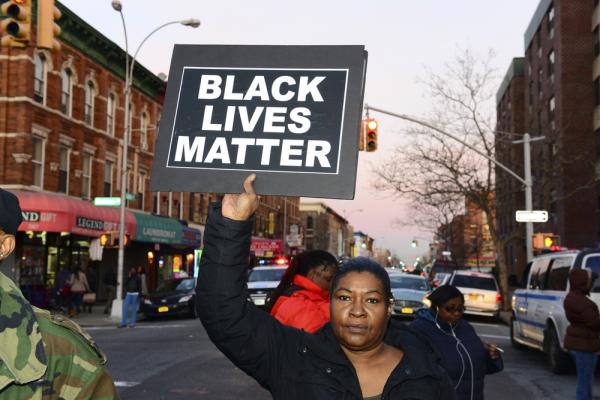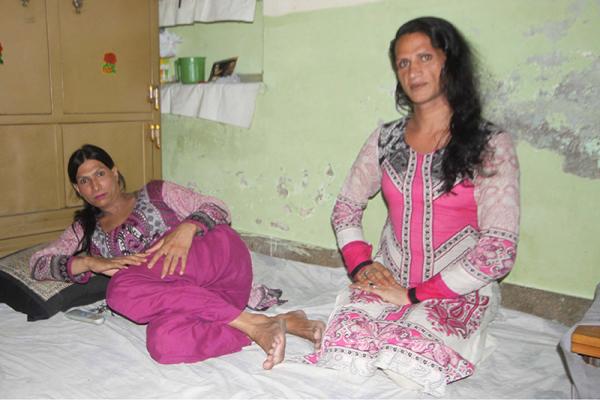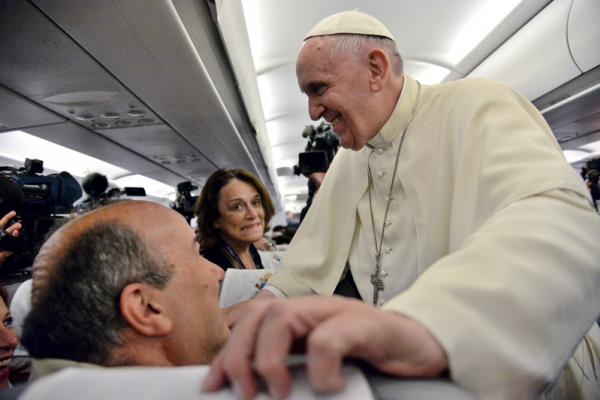Church leaders, I beseech you to study all sides of the situation carefully and prayerfully before you make a judgment on your church member that may alter his or her view of God or spiritual life forever. You have been placed in such a position to be the agent of change, to bring restoration to the individual.
As someone who has felt the sting of this, I ask you to consider these questions: Are we equally investigating BOTH parties? Are we taking the totality of the word of God into examination on this issue? What is the Holy Spirit telling us to do? Does Satan have a foothold of pride or control in my heart?
The Department of Education will forgive the federal loans of thousands of students who attended Corinthian Colleges, Secretary of Education Arne Duncan announced Monday.
Corinthian, a large for-profit education company, last month filed for bankruptcy amid multiple charges of fraud.
Duncan explained the move as an attempt to counter "the ethics of payday lending," according to the New York Times.
But the announcement is proving divisive, with critics citing the potentially huge taxpayer burden — the cost to the government could amount to as much as $3.5 billion if every former Corinthian student applies for relief.
Supporters, on the other hand, are hailing the move as a compassionate stance for students in unexpected need.
The New York Times reports:
“A lot of men and women have been hurt by this unfortunate situation, including low-income and minority students,” said a joint statement from Representative John Kline, the Minnesota Republican who is head of the Education and Workforce Committee, and Representative Robert C. Scott, Democrat of Virginia, the ranking minority member.
“Helping those eligible students who have been harmed is the right thing to do,” the statement said.
Mr. Duncan also said the department planned to develop a process to allow any student — whether from Corinthian or elsewhere — to be forgiven their loans if they had been defrauded by their colleges.
Read more here.
The number of abortions nationwide has declined by about 12 percent in the last 5 years, according to the Associated Press. States with the strongest restrictions to abortion access and states with the least show a similar decline in rates.
"Explanations vary," the Associated Press reports, with one factor being a decline in the teen pregnancy rate. Depending on which side of the abortion debate you lie, you can find advocates who attribute the overall decline in abortions to either better sex education and access to contracepton — or advanced technology and a new generation of women for whom there is "an increased awareness of the humanity of the baby before it is born."
From the AP:
"Abortion-rights advocates attribute it to expanded access to effective contraceptives and a drop in unintended pregnancies. Some foes of abortion say there has been a shift in societal attitudes, with more women choosing to carry their pregnancies to term.
Several of the states that have been most aggressive in passing anti-abortion laws — including Indiana, Missouri, Ohio, and Oklahoma — have seen their abortion numbers drop by more than 15 percent since 2010. But more liberal states such as New York, Washington and Oregon also had declines of that magnitude, even as they maintained unrestricted access to abortion."
Public Religion Research Institute, a public opinion research group in Washington, D.C., has created an interactive atlas of American values and hot-button social issues. See where your state lands on attitudes over the availability and legality of abortion here.
How does a social movement begin? How does frustration meet courage and conviction to bring a people together to engage in transformative work? What seeds do we plant to change a nation?
Social movements do not form out of thin air. They arise out of people’s suffering. Social movements are rooted in moments when people decide to change the conversation. The growing momentum around this new conversation creates a movement — a swell of influence in society that has the potential to change minds and transform society.
Saima Butt witnessed an acid attack in February 2014 that left the victim scarred and writhing in pain. One onlooker said the assault was God’s retribution, and that her death would mean one less sinner in society.
“People enjoy our agonies and treat us like insects,” Butt said of herself and of the anonymous victim.
Butt is supervisor at the Khawaja Sara Society in Lahore and a member of the local “khawaja sara” or third-gender community. Pakistan added a third-gender option to national identity cards in 2009, but official recognition has not stopped discrimination against those who choose not to be identified as either male or female.
Pope Francis has decried the “filth” of online pornography and warned people against wasting time on their computers.
Speaking aboard the papal plane after his visit on June 6 to Bosnia-Herzegovina’s capital of Sarajevo, the pontiff took a two-pronged approach to modern technology.
“There are two different elements here: method and content,” he said, according to Vatican Radio.
“Regarding the method or way of doing things, there is one that is bad for the soul, and that is being too attached to the computer.”
The Supreme Court on June 8 declined to insert itself into the middle of the Israeli-Palestinian issue by second-guessing U.S. policy on Jerusalem.
Ruling just a few months after a feud between President Obama and Israeli Prime Minister Benjamin Netanyahu, the justices refused to allow Americans born in Jerusalem to have their passports changed to reflect Israel as their birthplace, as Congress demanded more than a decade ago.
In denying the challenge waged by the Jewish parents of a 12-year-old almost since his birth in 2002, a majority of justices heeded the State Department’s warning that a simple passport alteration could “provoke uproar throughout the Arab and Muslim world.”
Why does caring about Jesus mean we should care for the earth? There are plenty of Old Testament passages about the lordship of God over all creation, but let’s limit ourselves, for the sake of evangelical argument, to Jesus. He cares about ecology because of his incarnation into creation, his miracles restoring creation, and his lordship over creation.
It’s hard to overlook the peppy pink pig who appeared on the cover of our June issue, but maybe you missed the lyrical beauty of Senior Associate Editor Julie Polter’s review of Sufjan Stevens’ newest album, or Eboo Patel’s surprising lesson on what Thomas Jefferson’s 1764 copy of Islam’s holy book can tell us about the 2016 elections. The June issue taught us how to stop funding what we hate, how a housing-first model saved the life of a homeless transgender woman, and how prison guards are earning degrees alongside inmates.
Below, read our top 10 quotes from the June 2015 issue of Sojourners.
Late last month, Nigerian President Goodluck Jonathan signed a measure that criminalized the act of female genital mutilation in the country.
More than 125 million girls and women are thought to have suffered genital mutilation, a majority of them in Africa, according to The Root.
The Root reports:
"Some 19.9 million Nigerian women living today are thought to have undergone the practice, and human rights advocates hope the decision will spur about 26 other African countries to outlaw the procedure, the report says.
Nigeria’s groundbreaking legislation sends “a powerful signal not only within Nigeria but across Africa,” according to J. Peter Pham, the director of the Africa Center at the Atlantic Council."
The measure, one of outgoing president Jonathan's last acts, sets up president-elect Buhari to uphold the law without fear of political backlash.
Human rights groups have responded positively to the measure but caution that one measure in one country, while regionally significant, is only one step towards ending worldwide violence against women.
Join us in urging our Members of Congress to co-sponsor the 2015 International Violence Against Women Act (IVAWA), to help protect women in humanitarian crises from violence, in Nigeria and around the world.
